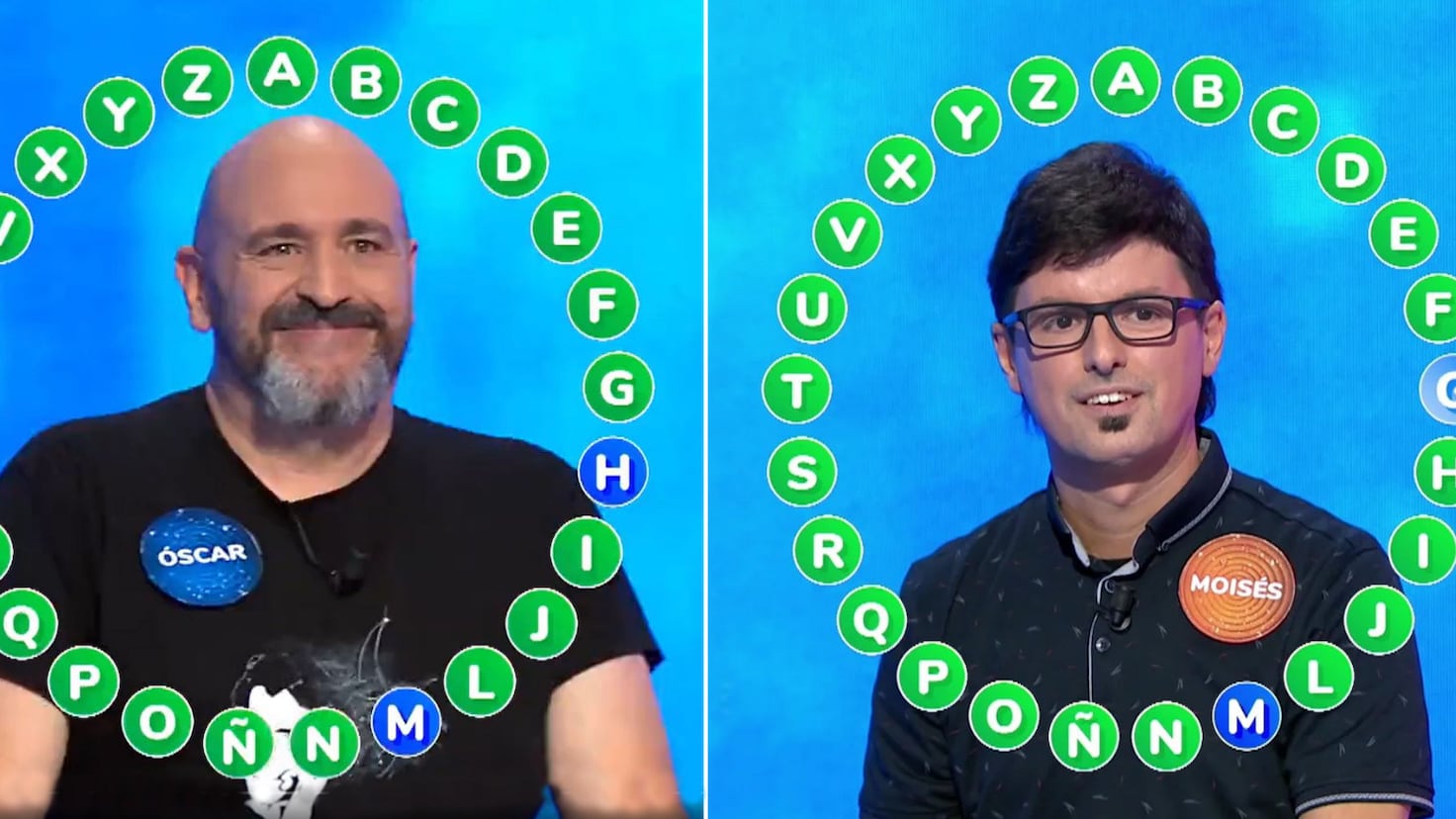Berlin
All workers are affected by law changes in February. Things are also changing for drivers. What you need to know.
At the beginning of February several occur changes in law in force. All citizens are affected. Find out in the overview what will change in the future.
Corona Protection Ordinance in the workplace no longer applies
The special corona rules will no longer apply at the beginning of February. Federal Labor Minister Hubertus Heil (SPD) announced this in mid-January. As part of a hygiene concept, employers currently still have to work from home and Trial Offers check for employees. This obligation no longer applies. The obligation for companies to offer tests and work from home no longer applies since last March.
Mask requirement in public transport nationwide abolished
Also the Mask requirement in local public transport ends in February. The remaining federal states had agreed on this with Health Minister Karl Lauterbach (SPD) at the beginning of January. However, the day on which the mask requirement ends varies from state to state.
Also in public long-distancefor example in the ICE and IC of the Deutsche Bahn, the mask requirement is to be abolished from February 2nd.
Change in the law for drivers: masks are compulsory in the first aid kit
While it is no longer needed in public transport, it will become mandatory for drivers: two face masks must be included in all new first aid kits from February. But don’t worry: the masks don’t need to be retrofitted if they’re still an old one first aid kit of the “DIN 13164” standard in the car. Nevertheless, it is worth checking the first aid kit from time to time. Because some products have an expiry date.
Energy-saving lamps are banned
2023 goes for energy-saving lamps at least in retail the lights out: From the end of February, the currently available models with plug-in bases may no longer be manufactured. Only remaining stocks are then still available.
From late summer 2023, this will also apply to tubular fluorescent lamps. Also affected: high-voltage halogen lamps with R7s socket. Some of them are still used in obsolete uplighters.
However, you should not stock up on the old lights. Halogen lamps are considered energy guzzlers. Energy-saving lamps, also known as compact fluorescent lamps, contain toxic mercury. If they break, it can get into the air. The energy-saving lamps can be replaced by LED lamps. They do without environmentally harmful mercury – and consume less energy. You can buy them for different base types – also as a replacement for fluorescent tubes and for uplighters with an R7s base, i.e. cylindrical halogen lamps.
“Onshore wind” law is intended to accelerate the energy transition
The “Wind and Land Law” was passed by the Bundesrat and Bundestag in July last year, but is only now coming into force. It aims to expand the wind energy accelerate on land. The law obliges the federal states to make two percent of their land available for wind turbines by 2032.
The energy transition had recently stalled in Germany. the federal government wants to double the electricity from renewable energies by 2030. By 2045 Germany should be climate neutral.
Gas and electricity price brakes: First bulletins in March
The next big change for consumers is already here March on. From then on, electricity and gas customers should be relieved – also retrospectively for the months of January and February.
Diesel driving bans for drivers in Munich
Munich also wants to reduce fine dust pollution in the city from February. The first step in a series of reforms Diesel driving ban only cars with a green sticker are allowed to drive in the city’s environmental zones. Diesel vehicles with the emission standard Euro IV or worse are no longer allowed in the city.
More articles from this category can be found here: Life

